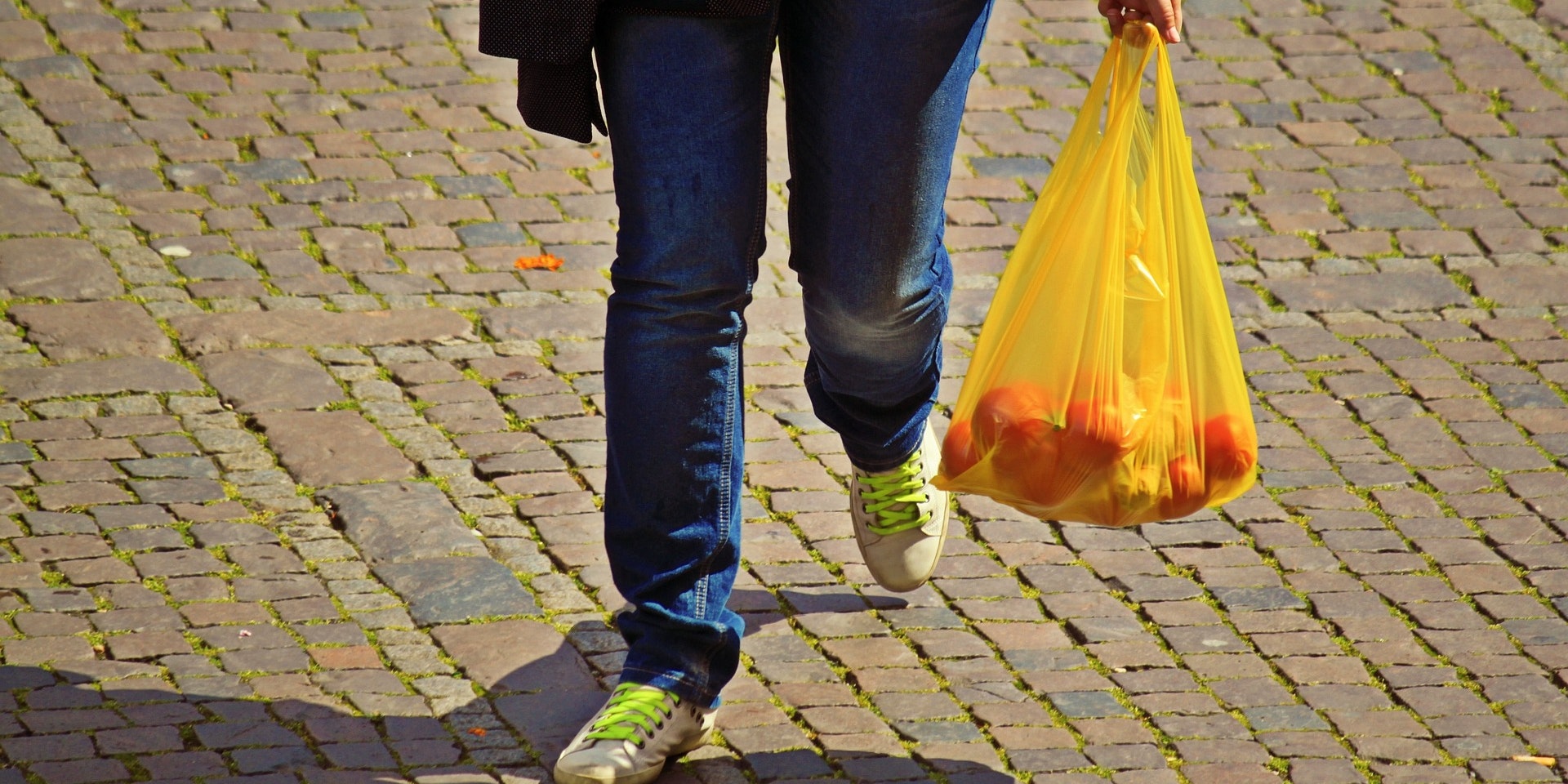- Author:
- Kayla Anzalone
- Published:
- August 23, 2023
- Favorites:
The Climate Leaders Fellowship program teaches students about climate change and environmental sustainability, and guides them in designing and launching a volunteer project in their own communities.
The fellowship is offered as a collaboration between the Stanford University Deliberative Democracy Lab and the Rustic Pathways Foundation.
Read about Kayla’s impactful experience below!
 My name is Kayla Rosenbaum, and I am a junior at the Shipley School in Pennsylvania.
My name is Kayla Rosenbaum, and I am a junior at the Shipley School in Pennsylvania.
Growing up I always loved spending time outdoors and enjoying nature. However, I have noticed the impacts of climate change over the past few years, such as poor air quality from wildfires or extreme storms, that make it dangerous to be outside at times.
I learned about the Climate Leaders Fellowship from one of my teachers, and it seemed like the perfect opportunity to make a meaningful impact in my community. After some preliminary user research, mainly conducted at my school through surveys and observations, I was still unsure what would be the most impactful effort in my community.
Then, my township announced a ban on single-use plastic bags. While this was exciting news, half of the stores I went to were in the neighboring township and still used plastic bags. After talking to people in my community, I realized that many of them used lots of plastic bags from shopping in that township, and when they were in our township they did not have reusable bags and had to pay for paper bags.
 I began to research methods of making reusable bags to distribute to my neighbors, but all of them required lots of fabric that would have been hard to collect, and my goal was to use recycled materials.
I began to research methods of making reusable bags to distribute to my neighbors, but all of them required lots of fabric that would have been hard to collect, and my goal was to use recycled materials.
Then I found a way to turn single-use plastic bags into a durable material, which I could then sew together into a reusable tote bag. I set out a bin at my school to collect plastic bags, and once I had enough I turned them into material by ironing them on low heat.
Once the bags were sewn, I distributed them throughout my neighborhood, along with pamphlets explaining why reducing our consumption of single-use plastics is so important, and how they could easily make these reusable bags on their own.
After a week, I reached out to my neighbors to get their feedback. All of them said they found the bag useful, and a few said they were now saving single-use plastic bags to try their hand at making their own.
 Moving forward I am hoping to expand this project. While I don’t have the time or materials to make bags for my entire school, I will present the information from my pamphlet and email instructions for others to make their own bags as well.
Moving forward I am hoping to expand this project. While I don’t have the time or materials to make bags for my entire school, I will present the information from my pamphlet and email instructions for others to make their own bags as well.
What I enjoyed most about this project was the multiple ways it worked to reduce waste. I was not only able to provide an alternative to single-use bags, but I was able to repurpose bags that were otherwise destined for the landfill.
I would not have been able to come up with this project without the help of other Fellows and Student Facilitators. Hearing their ideas helped me think outside the box, and the facilitators offered valuable logistical advice to make my project not only feasible but also as impactful as possible. Whenever I had a question or challenge, I knew I had a network of people willing to help me find solutions.
Kayla Anzalone
Kayla joined Rustic Pathways in 2020 as the Director of Special Projects. She has nearly a decade of experience in communications and marketing. At Rustic Pathways, Kayla is dedicated to helping high school students discover their passion for exploring the world through summer travel programs. She drives impactful initiatives to empower students through meaningful travel experiences worldwide. Based in San Jose, California, Kayla loves the outdoors, live music and travel.
